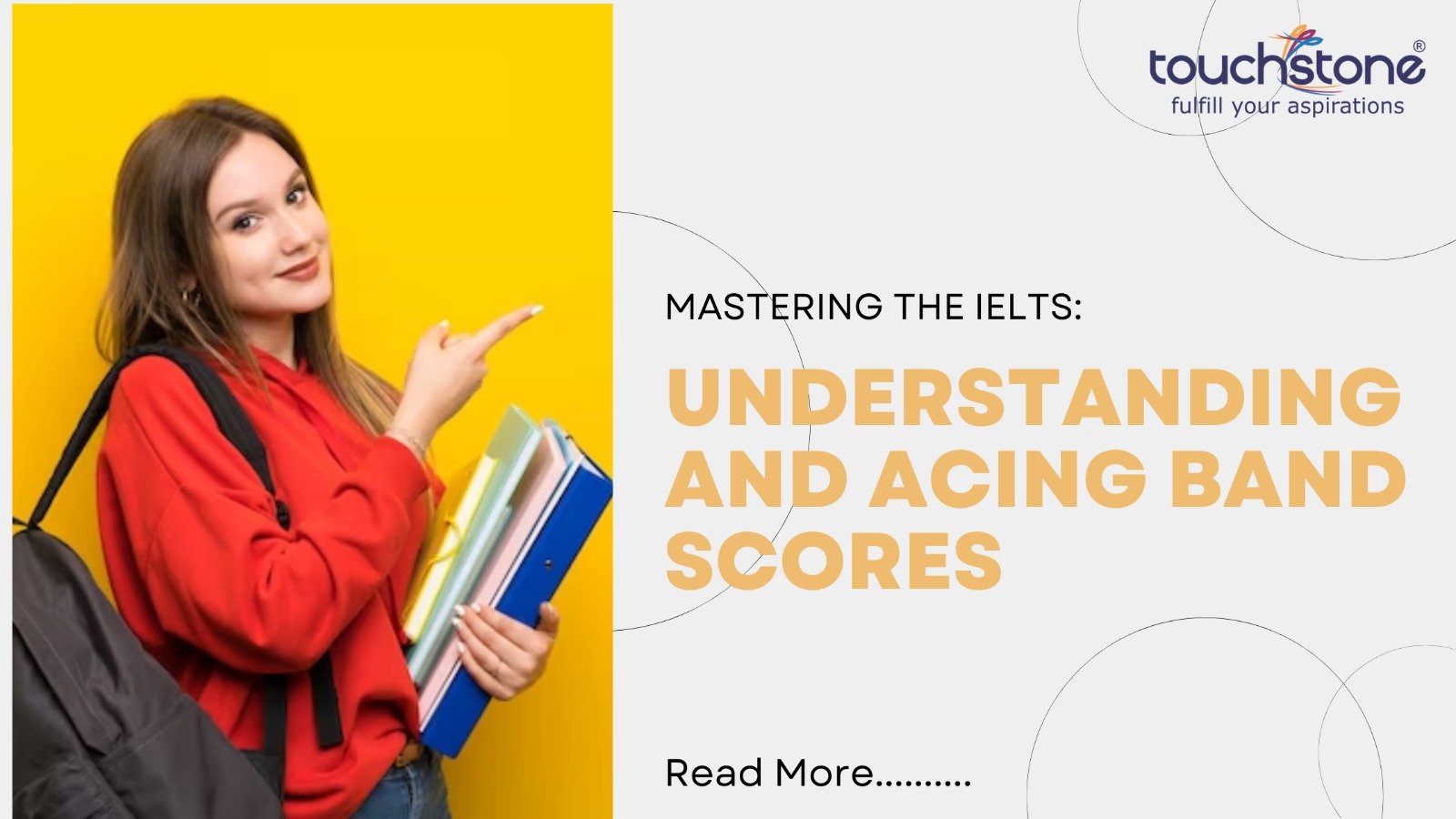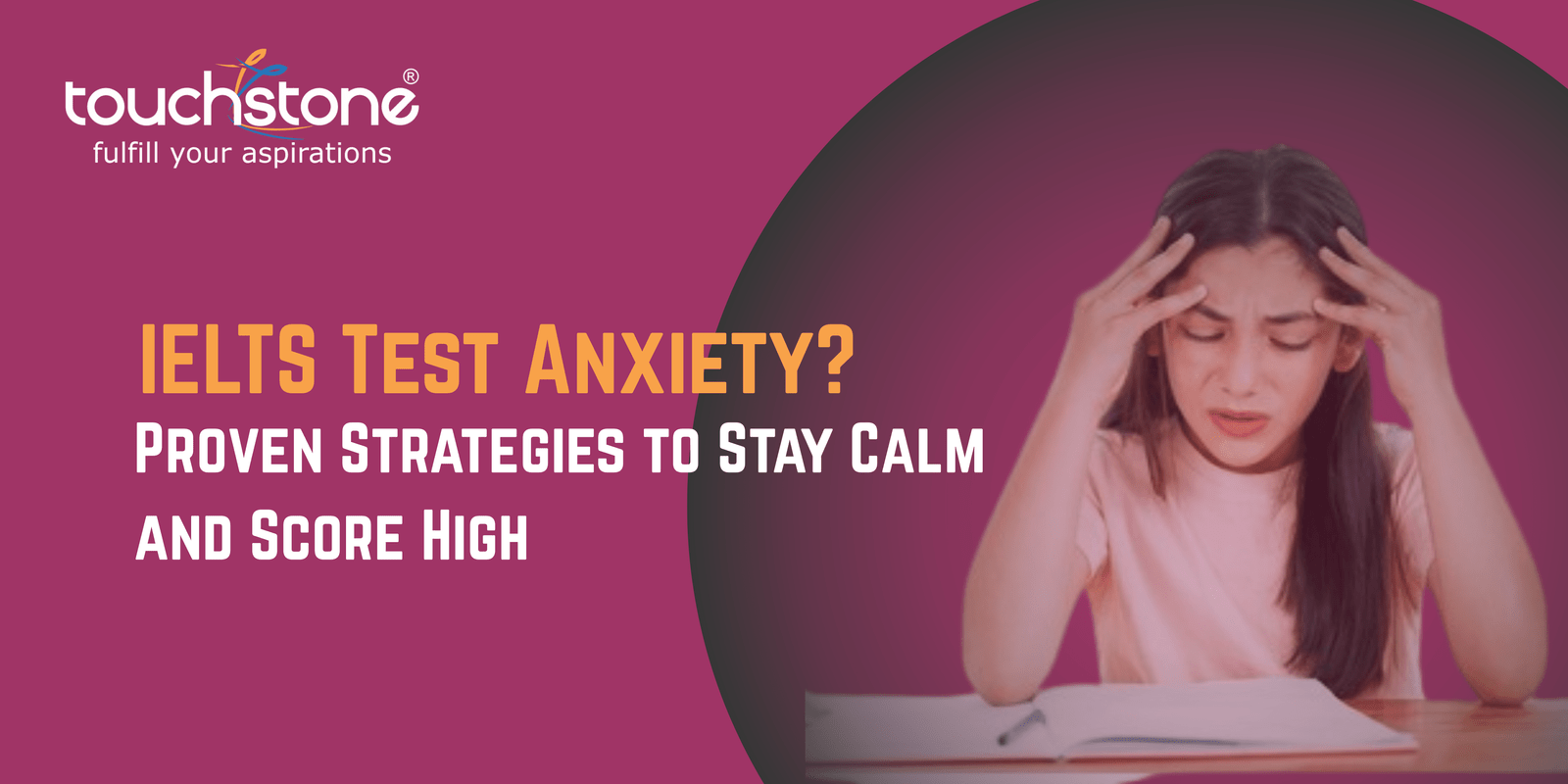International English Language Testing System, popularly known as IELTS, is a significant milestone for millions of individuals who seek international mobility, be it for academic or professional opportunities. It evaluates your ability to communicate in English across all four language skills – listening, reading, writing, and speaking. While the IELTS exam process can seem daunting, understanding the band scoring system is a crucial step in preparing for and acing this internationally recognized language proficiency test.
In this extensive guide, we will deconstruct the IELTS band scoring, unraveling the exam’s complexities, and providing tried-and-true strategies to help you maximize your band scores.
A Comprehensive Introduction to IELTS
IELTS plays a pivotal role for those dreaming of studying or working in countries where English is the primary language. With its origins tracing back to the late 1980s, the test has evolved to be more than an assessment but a career passport for many. Its global authority is a testament to the esteem in which it is held by academic institutions and employers worldwide.
Beyond the traditional demarcations of language tests, IELTS is unique in its dispensation of two distinct types of exam, the General Training version, and the Academic version. This dichotomy caters to the diversification of one’s purpose, emphasizing scholastic over practical application, ensuring each candidate is tested in relevant contexts.
Understanding the IELTS Band Scoring System
The IELTS scoring system primarily comprises the assignment of band scores from 0 to 9 in half-band increments, enabling a nuanced assessment of the candidate. The band you receive is a reflection of your level of English proficiency, scoring your aggregate performance and individual module scores. But what exactly do these numbers mean?
The Four Sections of IELTS and Their Scoring
Each IELTS section, from Listening to Speaking, comes with its unique scoring rubrics – designed for precision, fairness, and consistency. The Listening and Reading components predominantly consist of multiple-choice questions, while the Writing section requires candidates to articulate more extended responses. Speaking, which is often conducted face-to-face, is scored based on fluency, coherence, lexical resource, grammatical range, and pronunciation.
How Scores are Calculated
Your IELTS band score is not an arbitrary number but a reflection of the test’s rigorous marking process. Trained examiners evaluate your responses using detailed performance descriptors and marking criteria, ensuring robust and objective testing standards.
Criteria for Each Band
To better understand your band score, familiarize yourself with the performance descriptors for each section. Knowing the expectations at each band level will allow you to tailor your preparation and identify areas for improvement.
IELTS Band Score Interpretation
Your band score is much more than a number; it carries significant implications for your future pursuits. A thorough comprehension of band score levels is essential for setting realistic goals and evaluating your eligibility for various programs and roles.
Decoding Band Scores for Each Section
Breaking down scores for individual sections helps to pin down strengths and weaknesses. This understanding is instrumental in strategizing your approach to preparation. For instance, a 6.5 in Writing may signify a need for vocabulary enhancement, while a 7 in Speaking indicates a good hold on articulation and fluency.
Minimum Scores for Different Objectives
Different institutions and organizations set a minimum IELTS band score requirement for various purposes. Whether it is university admissions, professional certifications, or immigration applications, knowing the minimum threshold helps you focus your energy on the right targets.
Strategies for Achieving High Band Scores
For those with an ambitious eye on admissions to top-tier universities or high-demand professions, the pursuit of high IELTS band scores is non-negotiable. Mastery of this test requires a meticulous and tailored approach.
Preparation Techniques for Each Section
Scoring high in IELTS is the result of deliberate practice. Formulate a preparation plan specific to each test section. Engage in active reading to build vocabulary, practice academic writing styles, simulate speaking patterns, and enhance listening skills by regularly tuning into English programming.
Enhancing English Language Skills for the IELTS Test
General language proficiency and IELTS band scores are intrinsically linked. Immerse yourself in the English language – be it through literature, films, or conversation. The more varied and comprehensive your exposure, the more rounded your skills will be.
Time Management on Test Day
Effective time management is a skill that can make or break your IELTS performance. Familiarize yourself with the test format and practice under timed conditions to ensure you complete each section within the allocated time.
Common Mistakes and How to Avoid Them
To err is human, but in the case of IELTS, errors can be costly, pulling down your band scores. Identifying and correcting these blunders is critical to achieving the score you desire.
Recognizing Common Test-Taking Mistakes
Understand the pitfalls that most candidates encounter. These might include misunderstandings of question prompts, over-complication of responses, or even simple misreading of instructions.
Advice on Correction and Best Practices
Develop a self-correction mechanism as you practice. Review your responses, compare against model answers, and take note of recurring errors. Additionally, incorporate best practices into your routine, such as answering all questions, even if you have to guess, to maximize your potential score.
Resources and Tools for IELTS Preparation
In your IELTS preparation, the right materials and resources can be your strongest ally. There’s a plethora of books, online courses, and practice tests to choose from, each catering to specific learning styles and objectives.
Overview of Recommended Resources
Explore a range of IELTS preparation resources, from trusted guidebooks to interactive digital platforms. Consider the reputation, user reviews, and the match between the resource and your requirements.
Making the Most of Available Tools
Mere possession of resources won’t do; it’s how you use them that matters. Create a study schedule, track your progress, and ensure not just completion but also comprehension of the learning material.
Conclusion
The IELTS is not just an English test; it’s the gauge that measures your potential to thrive in an English-speaking environment. As you set out to master this test, remember that it’s a stepwise process involving understanding the system, strategic preparation, and relentless practice.
We encourage you to approach IELTS preparation with meticulous attention to detail, seeking not just to learn English but to leverage it effectively. Keep your eye on the band scores, use them as your guideposts, and march ahead with confidence and purpose.
Remember, for each daunting section or a complex question, there is a strategy to conquer it, a resource to support it, and guidance to refine it. These individual victories, when strung together, pave the path to an IELTS success story.
For more personalized guidance, join coaching institutes like IELTS coaching in Chandigarh, incredibly valuable for the local insights and focused direction they provide. They bring an informed approach that caters to the unique dynamics of this test.
Prepare. Practice. Participate. And soon, you too will be one with the countless who have scripted their global odysseys through an exemplary IELTS performance. Set your goals high, understand the band scores well, and confidently step into the test hall — knowing that you are fully equipped to ace the IELTS.





